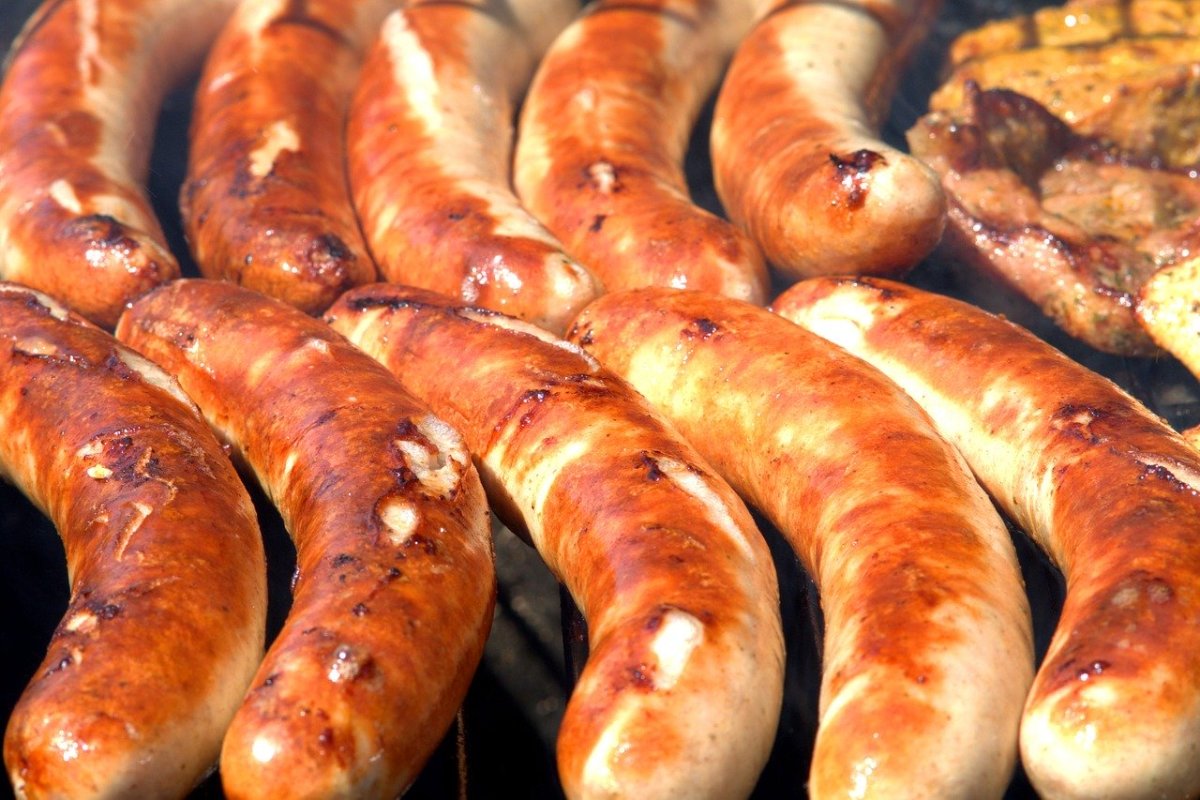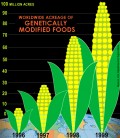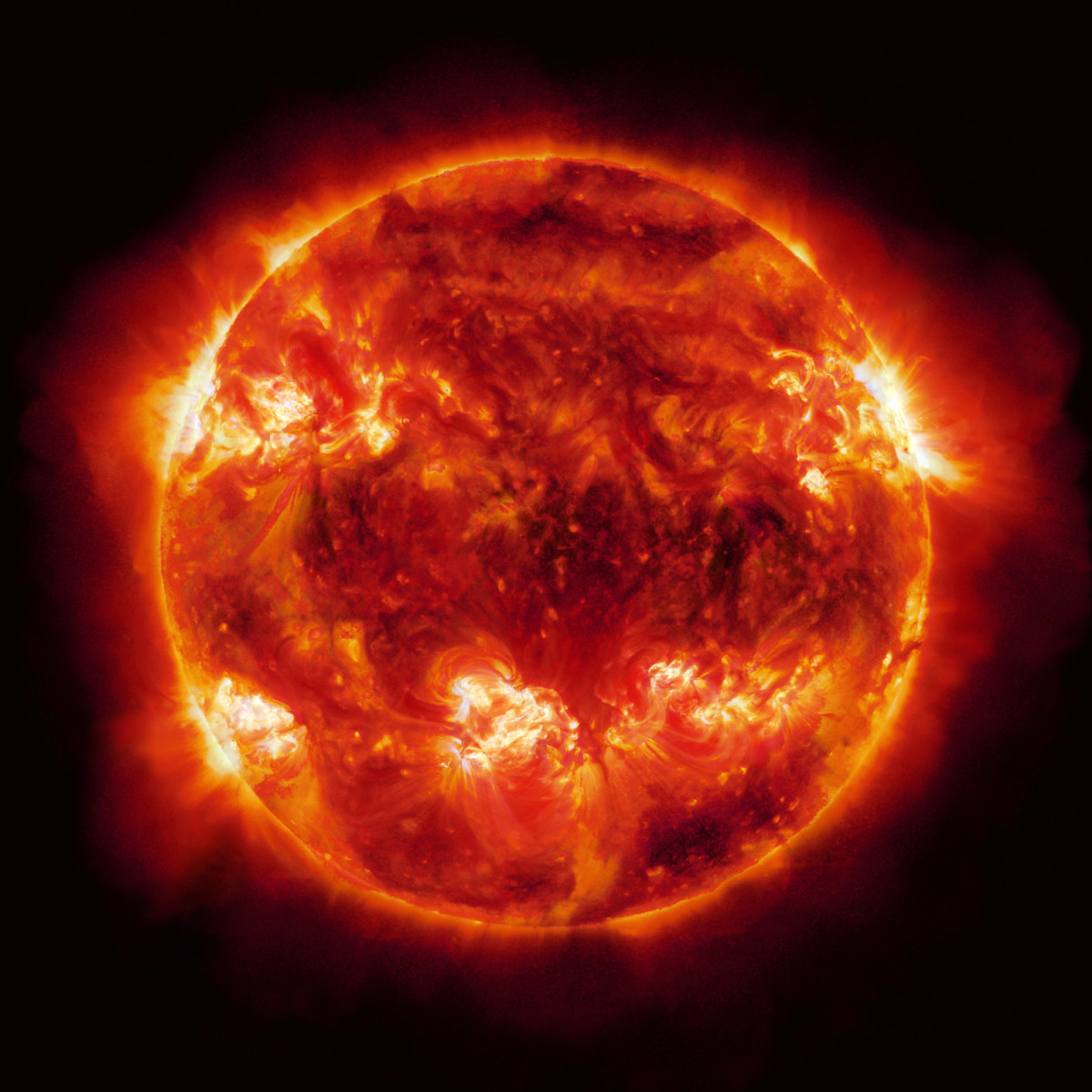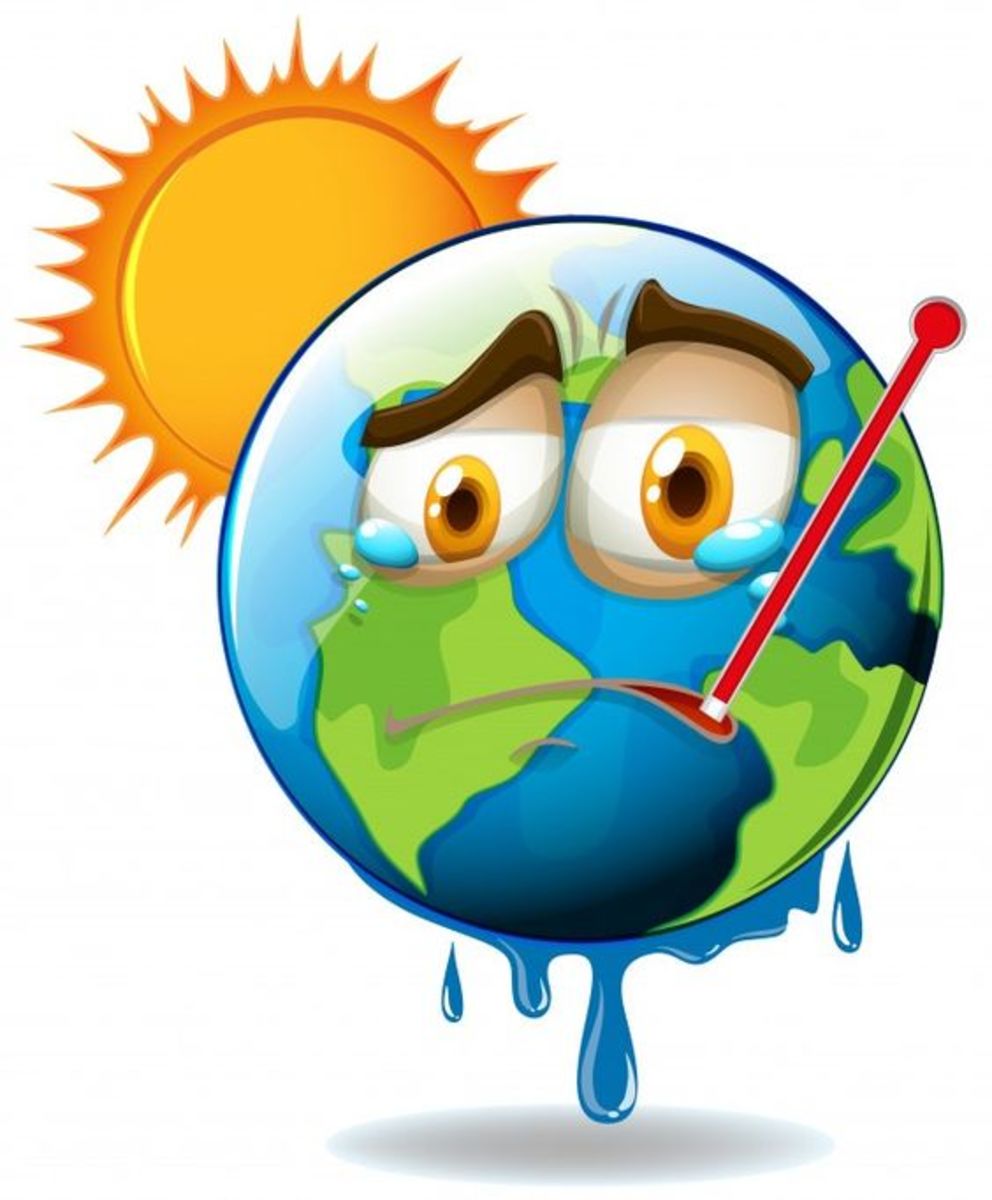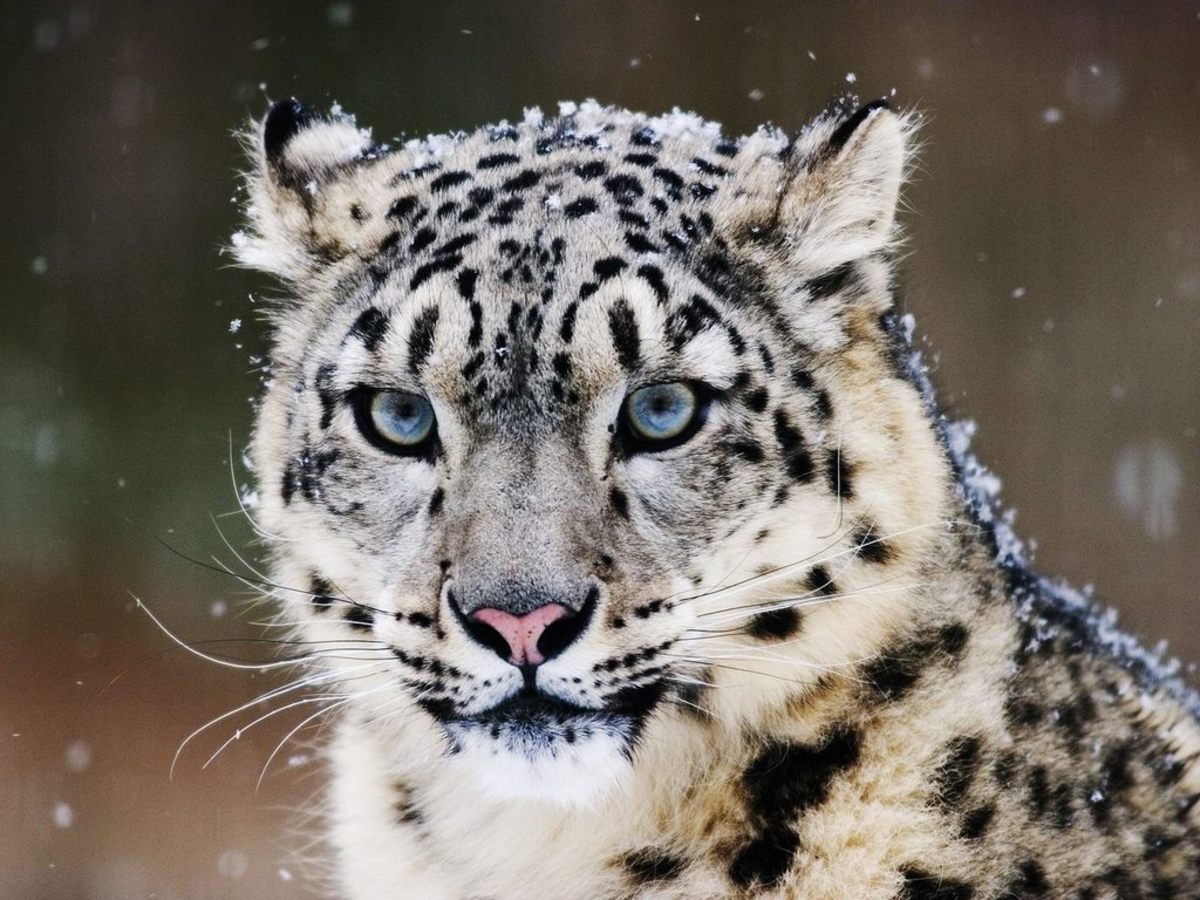Food For Thought Fridays: Global Warming, Veganism, and The Effects of World Hunger from An Evolutionary Standpoint
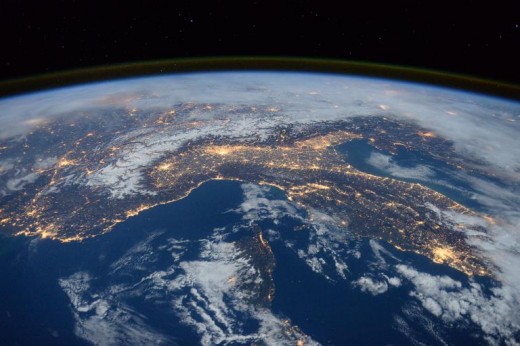
I don't know about you, but I love to eat meat.
Many delicious kinds of meat. I especially enjoy a good steak, as we all tend to do. But not only does overindulging on the wonderful slice of a cow's back harm us physically, it harms Earth.
Each cow expels approximately 100 kg of methane during their lifetime. That's almost 2,300 kg of CO2 being released into our atmosphere every. Dang. Year. To put this more into perspective, if your house were to somehow be victim to a chemical explosion and fill with that much CO2, you would suffocate within 2-3 minutes.
Cows are not only the guilty ones, either. Pigs also release methane. Even you and I do, although it is immeasurable to an animal. The methane we release naturally from our bodies is traumatically increasing a dangerous threat to the planet known as Global Warming via the Greenhouse Gas Effect (which is just a technical way of saying cows fart a lot and it's clogging up our air.)
Chances are you and I will not be alive to see the ultimate consequence of our actions. If we continue down the path we are on our great, great, great grandchildren could possibly have to wear gas masks to go to the grocery store. Gas moves at a slow but deadly place.
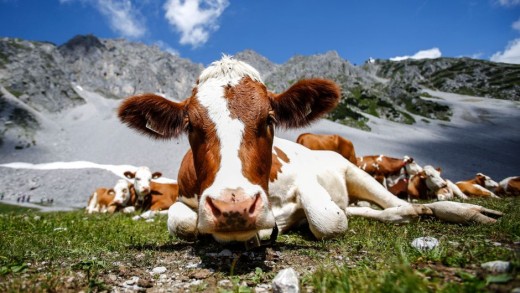
The Meat Industry's Connection to World Hunger
“In the United States, 31 percent—or 133 billion pounds—of the 430 billion pounds of the available food supply at the retail and consumer levels in 2010 went uneaten. The estimated value of this food loss was $161.6 billion using retail prices. For the first time, ERS estimated the calories associated with food loss: 141 trillion in 2010, or 1,249 calories per capita per day.” - USDA, 2014.
Can you imagine how many people we could feed with 133 billion pounds of food? We'll slice that into about 25% to get a more accurate estimation of how much of that is actually meat. It equals out to 33,250,000,000. 33 billion pounds of food. That's enough sustenance to end world hunger for 5 minutes, in one year, assuming we gave every starving individual a plate.
We are killing our Earth, and we are killing our population.
Eventually humanity is going to adjust to a state of constant hunger. Certain races/communities/tribes will die off from the malnourishment they face everyday. We have to find a solution, and we have to find it fast.
The Future of Free Range
What is there to be done about CO2 emissions?
The way modern farmers and government slaughterhouses raise animals is indicative of the changes needing to be made. We have adapted bringing cows, pigs, and chickens up in what human's would consider Auschwitz-level torture. The reality of what happens to animals while they are being processed through a meat dispensary is nothing less than grim, so I will not go into any major details. Zoologists have been studying when an animal is exposed to such close quarters, so much chemical feed and an abusive environment, and the results are in: they tend to ruin their own meat from the stress they are put under. It's heart breaking, cruel, and overall repulsive.
Free range animals are proven to live happier, healthier lives, even if only for a few years. They produce less methane from a detoxification of chemical free feed, and in exchange for being free to run about the farm they produce far less cortisol. And that's good for everybody! Mass produced poultry and beef can contain anywhere from 50,000 to 70,000 GMO's (steroids) and humans absorb each and every chemical when we eat their products.
Does knowing this information stop you from getting it at the grocery store?
Probably not, it definitely doesn't stop me. You have every right to want to consume meat. You were born a omnivore. Here's what you can do to help reduce pollution, help feed a family in need, and continue eating whatever you desire.
1. Stop having meat for every meal. Or stop eating it all together, your choice! Seriously guys, this is the big one. Even if you reduce your intake to once or twice a week it will drastically improve gas emissions. Less product demand = less production of meat.
2. Support your local small business farmer/butcher! Society gets wrapped up in the next popular buy often enough that we forget that we have better options right here at home. Many farmers are willing to deal/trade with you their fresh products, so go out and explore your state! Visit the nearest ranch and witness first hand how an animal should be treated.
3. Give your uncooked meat/unwanted canned goods/boxed meals to the nearest donation center or homeless shelter. There are also programs that will take you across the world for FREE if you assist in feeding the poor in that specific district.
4. Make a stand to only purchase free range organic beef, eggs, chicken, etc. There are several places where this quality of meat is not overpriced. If you can't find one, try to shop the sales on meat when the 'best by date' is approaching. Meat is an item that lasts a long time in the freezer, so if you buy in bulk, you have more at a lesser price. Here is a guide for freezing meat:

So do your part, be heart smart, and don't make the cow-bugs...fart?
This concludes this week's Friday Food For Thought, and as always, thanks for reading!

